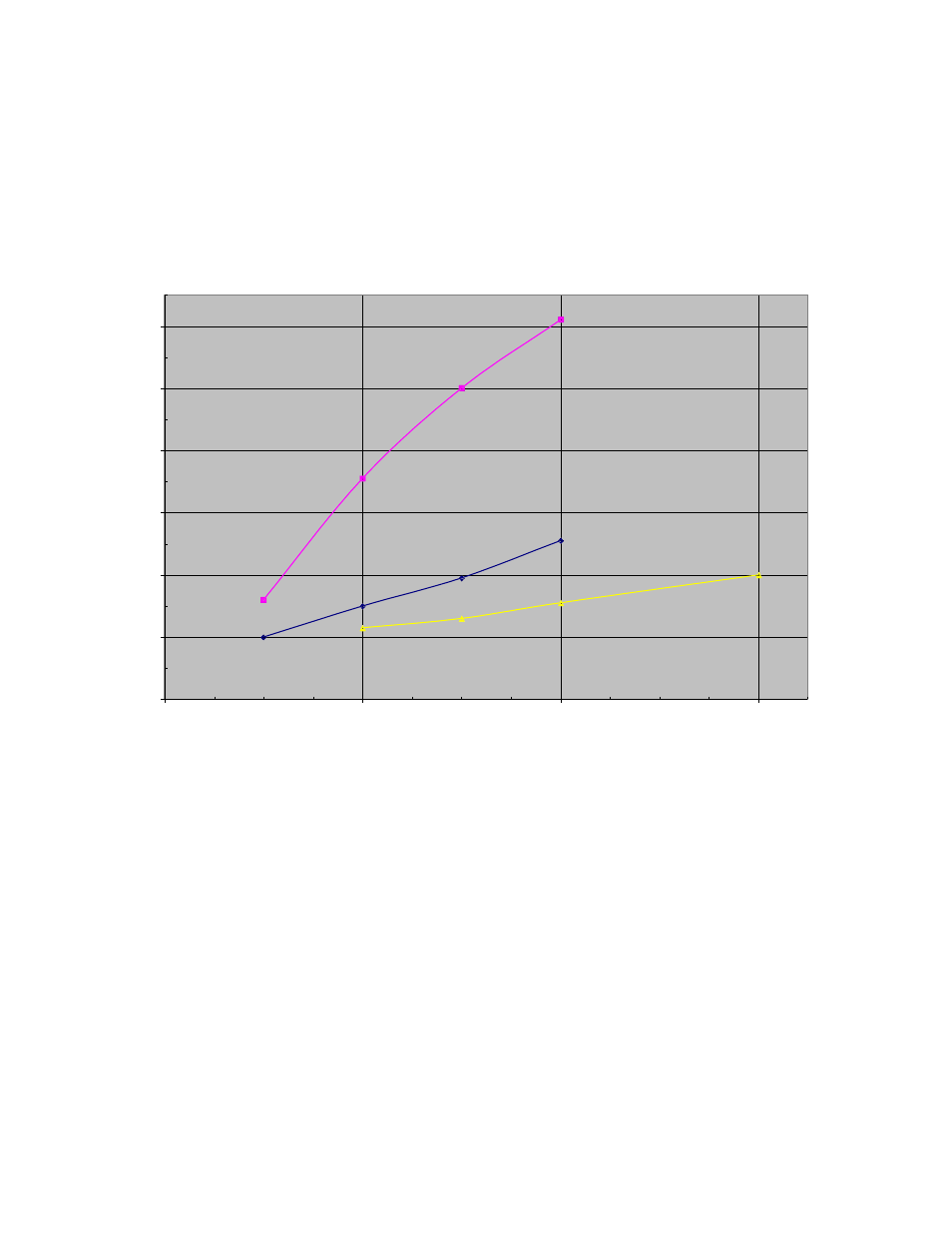Monroe Electronics Electrostatic Fieldmeter - Static Monitor - model 177A User Manual
Page 52

51
Convergent field lines such, as these tend to “enhance” the measurement and cause the apparent field strength
to increase, thus producing a high reading. Although this may be relatively inconsequential where a direct
measurement of surface voltage is desired — for example, where a probe whose specified sensitivity is 10kV/cm
is being used at 1cm to produce an indicated full scale value of up to 10,000 volts — given a large enough
surface and a properly sized shroud, that same probe could be used to produce a measurement of surface
voltage up to 100,000 volts at 10cm with fairly good accuracy.
Tests performed in our laboratory produced the following:
Some conclusions may be drawn from the data shown in Figure 17 :
1. An "F” probe produces a reading about 12% high with no shroud at 1" (25mm) and about double at 4"
(100mm).
2. When provided with a 6" diameter shroud, the error drops to fewer than 10% at spacings of up to
almost 4".
3. A shroud is unnecessary on an "E" probe at 1" or less and would produce the same improvement as
with the "F" probe at greater spacing.
4. As a general rule of thumb, a shroud (or the size of the face of the probe) should be about 1½ times
the spacing to keep errors to about 10% or less.
0.8
1
1.2
1.4
1.6
1.8
2
0
2
4
6
Inches from Target
En
hance
ment Fact
or
"F" probe without shroud
"E" probe
without shroud
"F" probe with
6" dia. shroud
1036 DATA
Figure 17
